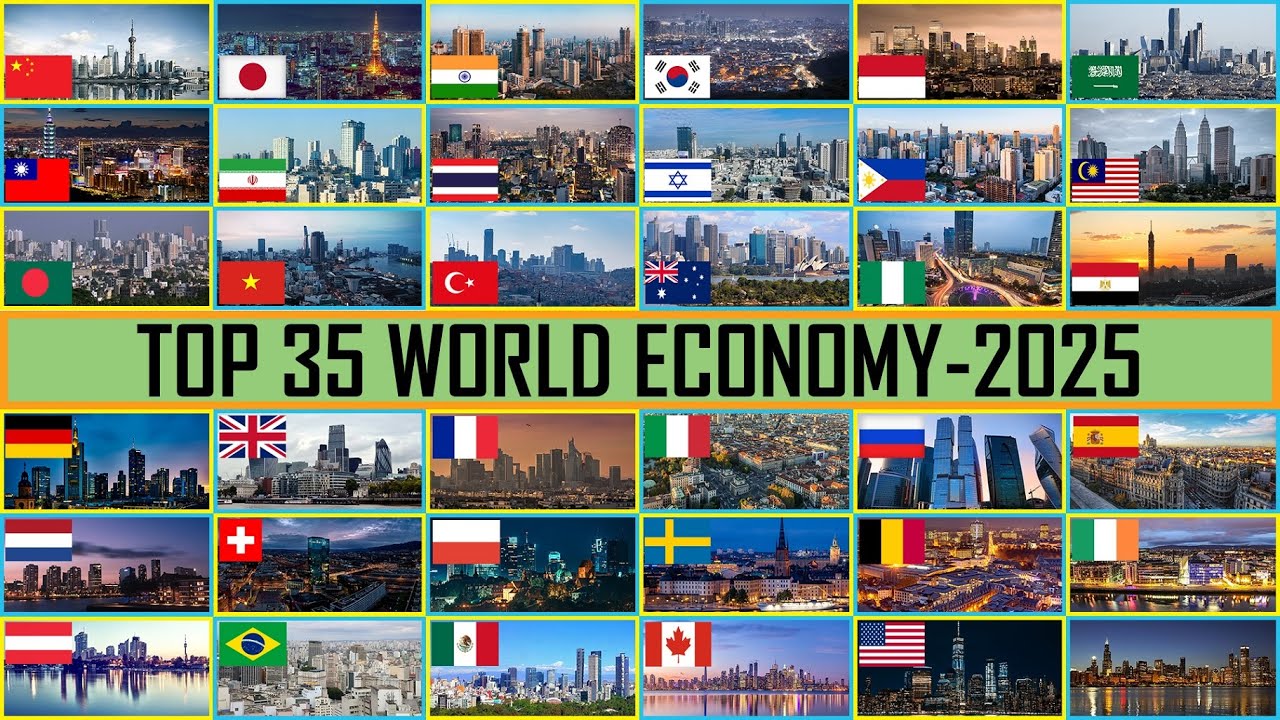The International Monetary Fund’s (IMF) recent blog post, “The Global Economy Enters a New Era,” highlights a significant shift in the global economic landscape, driven by escalating trade tensions and policy uncertainties. This transformation has profound implications for offshore investors seeking to navigate the evolving financial terrain. (IMF Blogs)
A New Economic Paradigm
The IMF underscores that the global economic system, which has operated under relatively stable rules for the past eight decades, is undergoing a fundamental reset. This shift is largely attributed to a series of tariff announcements by the United States, culminating in near-universal levies by April 2, 2025. These actions have propelled the U.S. effective tariff rate to levels not seen since the Great Depression, prompting retaliatory measures from major trading partners and significantly increasing global tariff rates. (Press Briefing Transcript: World Economic Outlook, Spring Meetings …)
Implications for Global Growth
The IMF’s reference forecast, which incorporates tariff announcements up to April 4, projects a reduction in global growth to 2.8% in 2025 and 3% in 2026. This represents a cumulative downgrade of approximately 0.8 percentage points compared to the January 2025 World Economic Outlook update. Notably, global trade growth is expected to decline more sharply than output, dipping to 1.7% in 2025—a significant downward revision from previous estimates. (The Global Economy Enters a New Era)
Country-Specific Forecasts

- United States: The U.S. economy is projected to grow by 1.8% in 2025, a 0.9 percentage point decrease from earlier forecasts. This slowdown is attributed to increased policy uncertainty and the impact of tariffs, which alone account for a 0.4 percentage point reduction. Inflation is also expected to rise by about 1 percentage point, reaching approximately 3%. (The Global Economy Enters a New Era)
- China: China’s growth forecast has been lowered to 4% for 2025, a 0.6 percentage point reduction. The country faces a negative demand shock due to decreased foreign demand for its products, despite some potential benefits from trade diversion. Inflation is revised down by about 0.8 percentage point, indicating deflationary pressures. (The Global Economy Enters a New Era)
- Euro Area: Growth in the euro area is revised down by 0.2 percentage point, to 0.8% in 2025. While the region is subject to relatively lower effective tariffs, the broader global slowdown and trade tensions still exert a dampening effect. (The Global Economy Enters a New Era)
Strategic Considerations for Offshore Investors
In this new economic era, offshore investors must navigate increased volatility and uncertainty. Key strategies include:
- Diversification: Spreading investments across various regions and asset classes can mitigate risks associated with specific markets affected by trade tensions.
- Monitoring Policy Developments: Staying informed about ongoing trade negotiations and policy changes is crucial for anticipating market movements and adjusting investment strategies accordingly.
- Assessing Currency Risks: Fluctuations in exchange rates, influenced by trade policies and economic performance, can impact investment returns. Investors should consider hedging strategies to manage currency exposure.
- Evaluating Emerging Markets: While emerging markets may face challenges due to global trade dynamics, they can also offer growth opportunities, particularly in regions less affected by current trade disputes.
Conclusion
The IMF’s analysis signals a transformative period for the global economy, characterized by heightened trade tensions and policy uncertainties. For offshore investors, this environment necessitates a proactive and informed approach to investment decisions, emphasizing diversification, vigilance, and adaptability to navigate the complexities of this new economic landscape. (IMF Blogs)

Leave a Reply